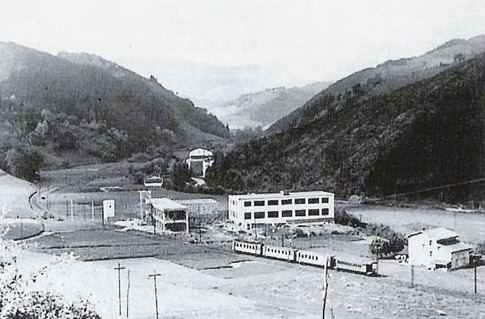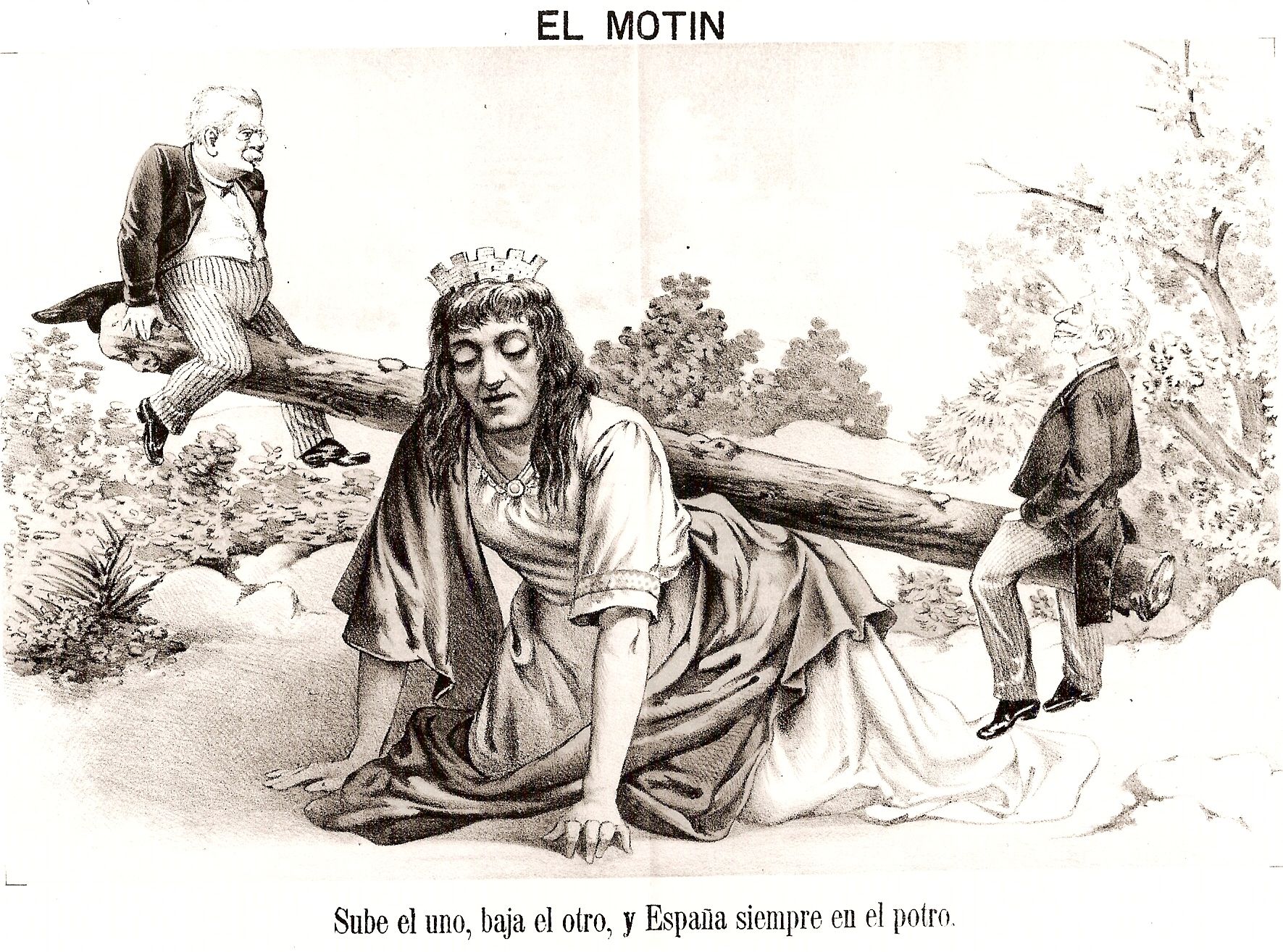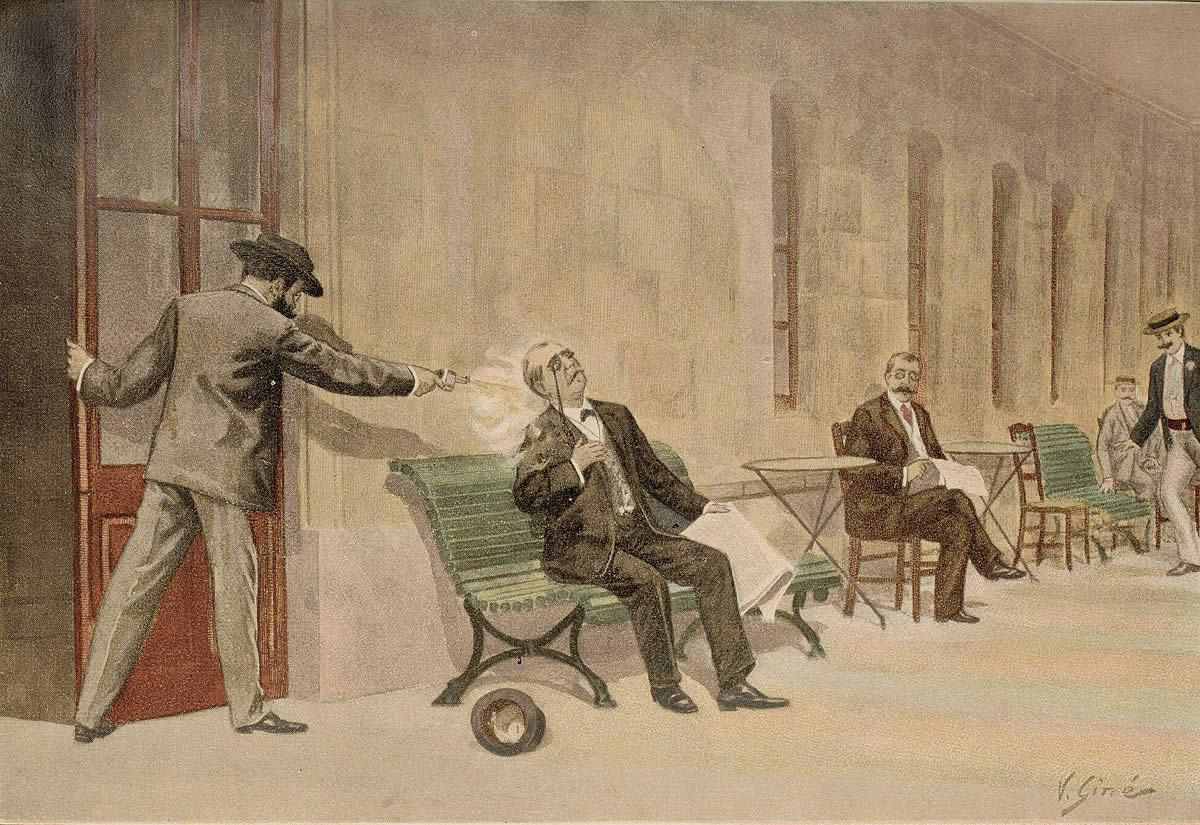|
Mondragón
Mondragón (in Basque: Arrasate) officially known as Arrasate/Mondragón, is a town and municipality in Gipuzkoa Province, Basque Country, Spain. Its population in 2015 was 21,933. Toponymy The current official name of the municipality is Arrasate/Mondragón. This dual designation resolves a dispute that dates back several decades and establishes that the municipality is called both Arrasate and Mondragón in either of the two official languages, Spanish or Basque. In Basque, the term ''Mondragoe'' is also used, a Basque adaptation derived from the Romance Mondragón. Economic and historical significance The town is best known as the birthplace of the Mondragon Corporation, the world's largest worker cooperative, whose foundation was inspired in the 1940s by the Catholic priest José María Arizmendiarrieta. In 2002 the MCC contributed 3.7% to the total GDP of the Basque Country and 7.6% to the industrial GDP. The valley of the High Deba where the town is located enjoyed a hig ... [...More Info...] [...Related Items...] OR: [Wikipedia] [Google] [Baidu] [Amazon] |
José María Arizmendiarrieta
José María Arizmendiarrieta Madariaga (Markina-Xemein, Biscay, Spain, April 22, 1915 – Mondragón, Gipuzkoa, Spain, November 29, 1976) was a Spaniard, Spanish Catholic Church, Catholic priest and promoter of the cooperative companies of the Mondragon Corporation, originally located in the Basque Country and currently spread throughout the world. As of 2021, it is the second largest social economy business group in Spain, bringing together ninety-eight cooperatives, eight Foundation (nonprofit), foundations, one Mutual fund, mutual, ten coverage entities and seven international delegations, distributed in four areas: finance, industry, Distribution of the product of two random variables, distribution and knowledge. Arizmendiarrieta was a seminarian in Vitoria-Gasteiz, Vitoria when the Spanish Civil War began in 1936, and consequently he was mobilized by the Basque Government. Due to his knowledge of the Basque language, he was assigned to the editor of the new newspaper Eguna ... [...More Info...] [...Related Items...] OR: [Wikipedia] [Google] [Baidu] [Amazon] |
Mondragon Corporation
The Mondragon Corporation is a corporation and cooperative federation, federation of worker cooperatives based in the Euskal Herria, Basque region of Spain. It was founded in the town of Mondragón in 1956 by Father José María Arizmendiarrieta and a group of his students at a technical college he founded. Its first product was Kerosene heater, paraffin heaters. It is the seventh-largest Spanish company in terms of asset turnover and the leading business group in the Basque Country (autonomous community), Basque Country. At the end of 2016, it employed 74,117 people in 257 companies and organizations in four areas of activity: finance, industry, retail and knowledge. By 2019, 81,507 people were employed. In 2024, it had over 70,000 workers, 30,660 in the Basque Country, 29,340 in the rest of Spain and around 10,000 abroad. Mondragon cooperatives operate in accordance with the Statement on the Co-operative Identity maintained by the International Co-operative Alliance. Histor ... [...More Info...] [...Related Items...] OR: [Wikipedia] [Google] [Baidu] [Amazon] |
Mondragon University
Mondragon University (, MU) is a Non-profit organization, non-profit cooperative private university in the Basque Country (autonomous community), Basque Country, officially established and recognised in 1997. It is part of the Mondragon Corporation. Its main campus is in Mondragón, Gipuzkoa. History The institution first originated as the ''Escuela Politécnica Superior'', a Institute of technology, polytechnic school established by José María Arizmendiarrieta in 1943 that was open to young people in the region. The current university was formed in 1997 through the association of three existing educational cooperatives tied to the Mondragon Corporation: Mondragon Goi Eskola Politeknikoa “Jose Mª Arizmendiarrieta” S. Coop., ETEO S. Coop., and Irakasle Eskola S. Coop. Before 1997, these three educational cooperatives were affiliated with the University of the Basque Country. The new entity was set up as a non-profit cooperative university, an unprecedented organizational ... [...More Info...] [...Related Items...] OR: [Wikipedia] [Google] [Baidu] [Amazon] |
Worker Cooperative
A worker cooperative is a cooperative owned and Workers' self-management, self-managed by its workers. This control may mean a Company, firm where every worker-owner participates in decision-making in a democratic fashion, or it may refer to one in which management is elected by every worker-owner who each have one vote. Worker cooperatives may also be referred to as labor-managed firms. History Worker cooperatives rose to prominence during the Industrial Revolution as part of the labour movement. As employment moved to industrial areas and job sectors declined, workers began organizing and controlling businesses for themselves. Worker cooperatives were originally sparked by "critical reaction to industrial capitalism and the excesses of the industrial revolution," with the first worker owned and managed firm first appearing in England in 1760. Some worker cooperatives were designed to "cope with the evils of unbridled capitalism and the insecurities of wage labor". The philoso ... [...More Info...] [...Related Items...] OR: [Wikipedia] [Google] [Baidu] [Amazon] |
Debagoiena
Debagoiena () is one of the seven eskualdeak/comarcas of Gipuzkoa, Spain Spain, or the Kingdom of Spain, is a country in Southern Europe, Southern and Western Europe with territories in North Africa. Featuring the Punta de Tarifa, southernmost point of continental Europe, it is the largest country in Southern Eur .... There are eight municipalities in Debagoiena, the biggest of which being Arrasate/Mondragón. Communities Comarcas of Gipuzkoa {{BasqueCountry-geo-stub ... [...More Info...] [...Related Items...] OR: [Wikipedia] [Google] [Baidu] [Amazon] |
Basque Country (autonomous Community)
The Basque Country or Basque Autonomous Community (), also officially called Euskadi (), is an Autonomous communities of Spain, autonomous community in northern Spain. It includes the Basque provinces of Álava, Araba, Biscay, Bizkaia, and Gipuzkoa. It surrounds two enclaves called Treviño enclave, Treviño (Province of Burgos, Burgos) and Valle de Villaverde (Cantabria). The Basque Country was granted the status of ''Nationalities and regions of Spain, nationality'', attributed by the Spanish Constitution of 1978. The autonomous community is based on the Statute of Autonomy of the Basque Country, a foundational legal document providing the framework for the development of the Basque people on Southern Basque Country. Parallelly, Navarre, which narrowly rejected a joint statute of autonomy in 1932, was granted a separate chartered statute in 1982. Currently there is no official capital in the autonomous community, but the city of Vitoria-Gasteiz, in the province of Álava, is ... [...More Info...] [...Related Items...] OR: [Wikipedia] [Google] [Baidu] [Amazon] |
Antonio Cánovas Del Castillo
Antonio Cánovas del Castillo (8 February 18288 August 1897) was a Spanish people, Spanish politician and historian known principally for serving six terms as Spanish Prime Minister, prime minister and his overarching role as "architect" of the regime that ensued with the Restoration (Spain), 1874 restoration of the Bourbon monarchy. He was assassinated by Italian Anarchism, anarchist Michele Angiolillo. As leader of the Conservative Party (Spain), Liberal-Conservative Party—also known more simply as the Conservative Party—the name of Cánovas became symbolic of the alternate succession in the Restoration regime along with Práxedes Mateo Sagasta's. Early career Born in Málaga as the son of Antonio Cánovas García and Juana del Castillo y Estébanez, Cánovas moved to Madrid after the death of his father where he lived with his mother's cousin, the writer Serafín Estébanez Calderón. Although he studied law at the Complutense University of Madrid, University of Madrid ... [...More Info...] [...Related Items...] OR: [Wikipedia] [Google] [Baidu] [Amazon] |
Gipuzkoa
Gipuzkoa ( , ; ; ) is a province of Spain and a historical territory of the autonomous community of the Basque Country. Its capital city is Donostia-San Sebastián. Gipuzkoa shares borders with the French department of Pyrénées-Atlantiques at the northeast, with the province and autonomous community of Navarre at east, Biscay at west, Álava at southwest and the Bay of Biscay to its north. It is located at the easternmost extreme of the Cantabric Sea, in the Bay of Biscay. It has of coastline. With a total area of , Gipuzkoa is the smallest province of Spain. The province has 89 municipalities and a population of 720,592 inhabitants (2018), from which more than half live in the Donostia-San Sebastián metropolitan area. Apart from the capital, other important cities are Irun, Errenteria, Zarautz, Mondragón, Eibar, Hondarribia, Oñati, Tolosa, Beasain and Pasaia. Gipuzkoa is the province of the Basque Country in which the Basque language is the most ex ... [...More Info...] [...Related Items...] OR: [Wikipedia] [Google] [Baidu] [Amazon] |
Eskoriatza
Eskoriatza is a town and municipality in Gipuzkoa, in the Basque Autonomous Community. It is located in the Debagoiena district, in the Leintz valley, surrounded by mountains such us Aitzorrotz and Kurtzebarri. It borders Aretxabaleta to the north and east, Aramaio Aramaio () is a town and municipality located in the province of Álava, in the Basque Country, northern Spain Spain, or the Kingdom of Spain, is a country in Southern Europe, Southern and Western Europe with territories in North Africa. ... to the west, and Leintz-Gatzaga and Arratzua-Ubarrundia to the south. The Deba River runs through the middle of the town, crossing it from south to north: it comes from Leintz-Gatzaga, and continues towards Aretxabaleta. The main campus of the Faculty of Humanities and Education of Mondragon University is located in the town. Production facilities for various Mondragón cooperative businesses are located here. References External links Official Website ESKORIATZA ... [...More Info...] [...Related Items...] OR: [Wikipedia] [Google] [Baidu] [Amazon] |
Bilbao
Bilbao is a city in northern Spain, the largest city in the Provinces of Spain, province of Biscay and in the Basque Country (greater region), Basque Country as a whole. It is also the largest city proper in northern Spain. Bilbao is the List of cities in Spain by population, tenth largest city in Spain, with a population of more than 347,000 as of 2023. The Bilbao metropolitan area has 1,037,847 inhabitants,Proyecto Audes making it the most populous metropolitan area in northern Spain. The Comarcas of the Basque Country, comarca of Greater Bilbao is the fifth-largest urban area in Spain. Bilbao is also the main urban area in what is defined as the Basque Country (greater region), Greater Basque region. Bilbao is located in the north-central part of Spain, some south of the Bay of Biscay, where the economic s ... [...More Info...] [...Related Items...] OR: [Wikipedia] [Google] [Baidu] [Amazon] |
Michele Angiolillo
Michele Angiolillo Lombardi (; 5 June 1871 – 20 August 1897) was an Italian anarchist, born in Foggia, Italy. He assassinated Spanish Prime Minister Antonio Cánovas del Castillo in 1897 and was captured and executed by Spanish authorities in the same year. Motive and the Montjuïc trial On 7 June 1896, a bomb was thrown at the Corpus Christi procession in Barcelona. At least twelve people died and 45 were seriously injured. The crime, which was attributed by police to an unidentified anarchist, precipitated an aggressive reprisal against Spanish Anarchism in Spain, anarchists, Communism, communists, Socialism, socialists, and Liberalism and radicalism in Spain, republicans, in what became known as the Montjuïc trial: 300 alleged revolutionaries were jailed at Montjuïc Castle (Barcelona), Montjuïc Fortress, and confessions were extracted by torture. The prime minister Antonio Cánovas del Castillo himself ordered the repression. Reports of the prisoner abuse were circula ... [...More Info...] [...Related Items...] OR: [Wikipedia] [Google] [Baidu] [Amazon] |
Oñati
Oñati (, ) is a town located in the province of Gipuzkoa, in the autonomous community of the Basque Country, in the north of Spain. It has a population of approximately 10,500 and lies in a valley in the center of the Basque country. It lies about south of the Bay of Biscay and is about above sea level. The name is Basque and translates roughly as "place of many hills", reflecting the landscape of the area. The town is surrounded on three sides by green mountains on the southern side by the Aloña limestone formation. Main sights Dating back to the Medieval period, Oñati is home to numerous monuments. The University of Oñati, the ancient university of the Basque Country, which is in the town's centre, is one of the oldest university buildings on the Iberian Peninsula. Today it houses the International Institute for the Sociology of Law. Other important sites include the monastery and hospice of Bidaurreta and the Church of Saint Michael. Above the city lies the Sanctuary ... [...More Info...] [...Related Items...] OR: [Wikipedia] [Google] [Baidu] [Amazon] |






